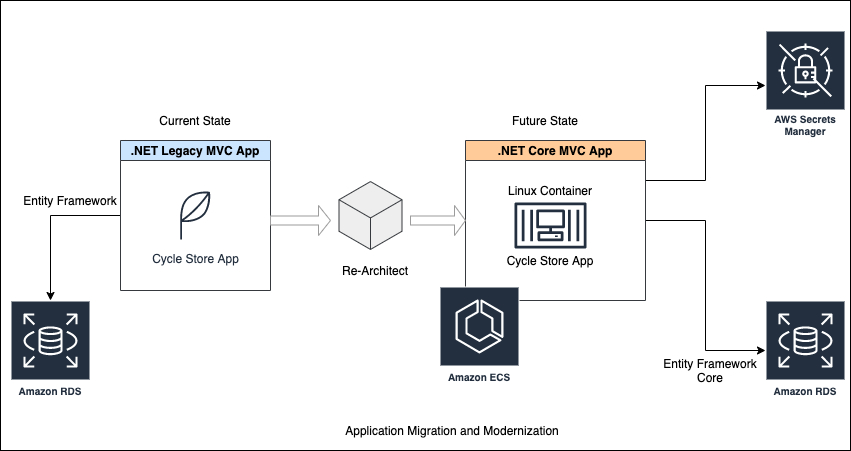Exploring the Benefits of using Entity Framework for Database Interaction
 Praveen Kumar
Praveen Kumar
Entity Framework (EF) is an Object-Relational Mapping (ORM) framework that enables developers to interact with databases using domain-specific objects, rather than writing raw SQL queries. The main benefit of using EF is that it abstracts away the underlying database and allows developers to work with a more intuitive and high-level object model.
One of the key advantages of EF is that it enables developers to work with a database using an object-oriented approach. This means that developers can define entities and relationships between them, and EF will handle the underlying SQL operations required to persist these entities to the database. This can make the development process more efficient and less error-prone, as developers do not need to worry about the intricacies of SQL syntax and database schema design.
Another benefit of EF is that it supports a variety of database providers, including Microsoft SQL Server, MySQL, and SQLite. This means that developers can write code that is database agnostic and can easily switch between different database providers without having to rewrite large amounts of code.
EF also provides a number of features that make it easier for developers to handle database operations, such as lazy loading, change tracking, and automatic database migrations. Lazy loading allows entities to be loaded on demand, which can improve the performance of an application. Change tracking keeps track of changes to entities and only sends the necessary updates to the database. Automatic database migrations make it easy to update the database schema in response to changes in the object model.
Overall, EF is a powerful and flexible tool that can help developers to work with databases in a more efficient and intuitive way. It provides a high-level object-oriented interface to the database, supports a variety of database providers, and includes useful features such as lazy loading, change tracking, and automatic database migrations.
Subscribe to my newsletter
Read articles from Praveen Kumar directly inside your inbox. Subscribe to the newsletter, and don't miss out.
Written by
